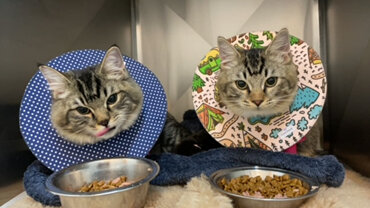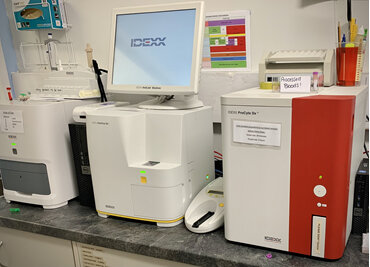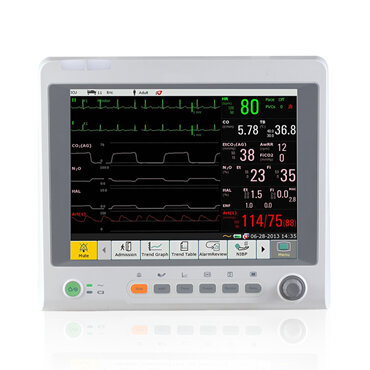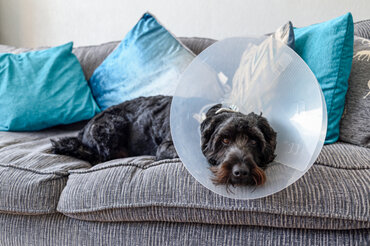Vets and Pets Ltd
St Lukes Veterinary Centre is one of the most trusted veterinary clinics in Auckland. Top quality care for your pets. Call St Lukes Veterinary Centre! Local service.

On the morning your pet comes in for their procedure, if they will be having a sedation or general anaesthetic it is important they have an empty stomach. This means making sure you take all food away by 7pm the night before. For cats we recommend keeping them inside overnight, so they don’t have the opportunity to eat elsewhere. Water can be left down overnight. This should be removed first thing in the morning.
If you can please bring your pet into the clinic between 8am – 8:30am. This will allow our nurses time to perform all the pre-anaesthetic checks and prepare your pet in time for their procedure.

When you arrive, a nurse will go over all the admission details with you, and they may also discuss pre-anaesthetic blood tests. Unless we have performed blood tests recently, we recommend these tests prior to the administration of any sedation / anaesthetic.
This allows us to assess the general health of your pet. In particular, if there is any anaemia or infection present as well as their liver and kidney function. For animals over 7 years of age and any major surgeries this will be routinely included as part of the procedure, for animals under 7 years of age we strongly recommend it. The blood tests can be analysed on our in-house IDEXX blood testing machines and we will have the results before we start the procedure.
Once your pet is admitted, they will receive a thorough clinical examination, have any blood samples collected and then have a pre-medication injection of a combination of sedative and pain relief to relax them prior to the beginning of the anaesthesia. A catheter is placed in vein in the front leg to provide i/v access for anaesthetic induction and intravenous fluids. They will then be settled into the hospital ward until their procedure.

Anaesthesia
Once you pet is relaxed from its premedication he/she will be anaesthetised by an injection through the preplaced catheter. Once asleep an endotracheal tube is placed in their trachea to ensure an open airway and allow them to be connected to an anaesthetic machine to keep them asleep during the procedure. A qualified nurse will monitor their anaesthetic the entire time including their blood pressure, oxygen saturation and capnography (CO2 levels).
Post Procedure
Once the procedure is finished and your pet is awake, they will be transferred back to their ward and if appropriate offered a little food and water. Most patients will be ready to go home from about 3pm onwards although the nurse will discuss this with you on admission and this time will be confirmed when we give you a call after the procedure. In some instances we keep you pet overnight for further fluid therapy and pain relief. Where neccessary, we can arrange for your pet to be monitored overnight at the Animal Emergency Centre.

At Home
Once home, it is important to keep your pet warm and quite for the evening. They may be offered a light meal but don’t worry if they aren’t too interested in food that night. For cats it is important we keep them in that night as they may be still affected by the anaesthetic / sedation and we don’t want them outside trying to cross roads or climb trees etc. Usually the next day they will be able to eat normally and go outside. In general if your pet has stitches we will want to keep them quiet until they are removed and if necessary may need an Elizabethan collar to ensure they don’t lick their wound. More detailed / specific instructions will be sent home with your pet on the day. If you have any questions regarding your pets procedure please give us a call on 098455573 or email us at pets@stlukesvet.co.nz